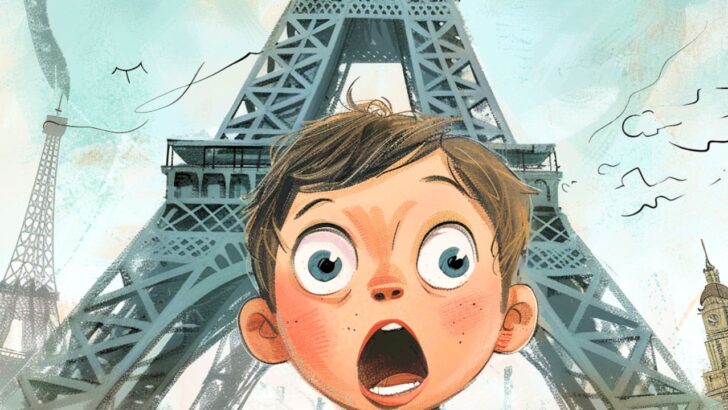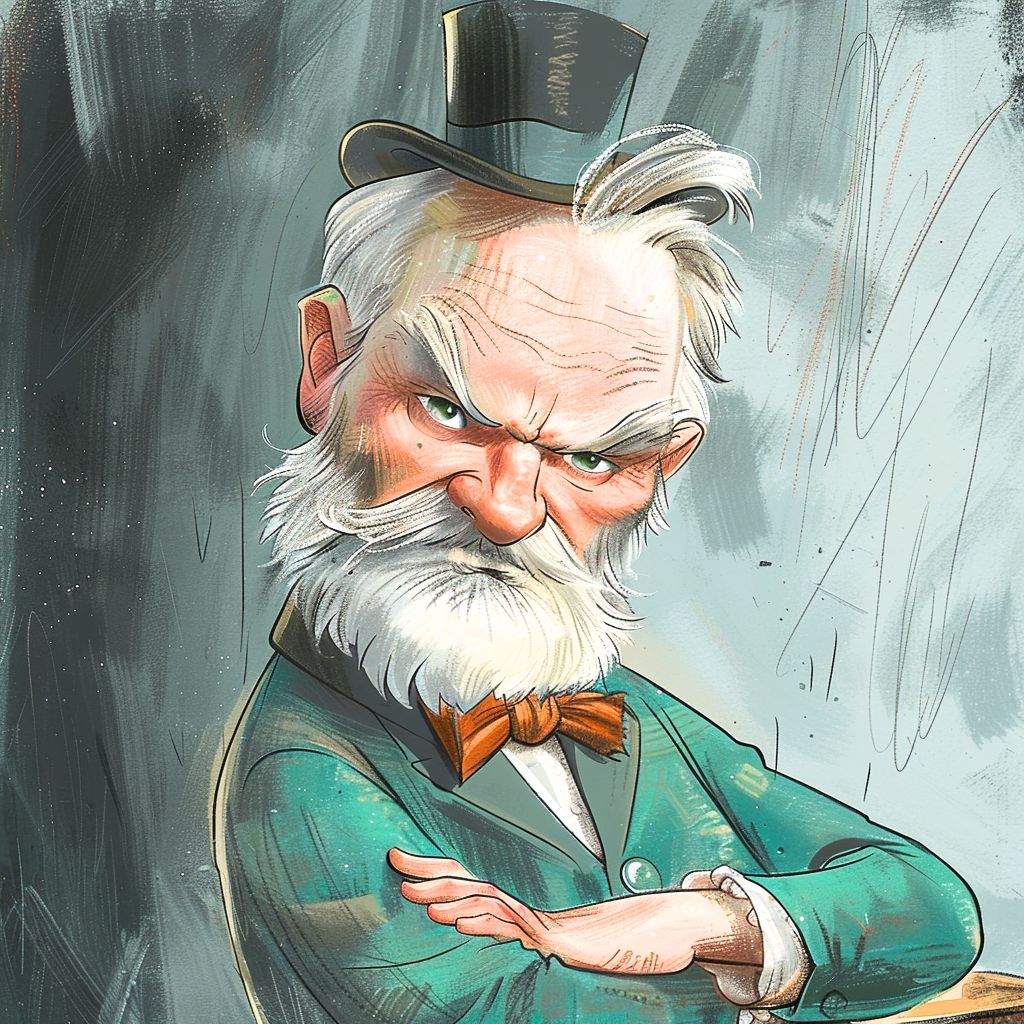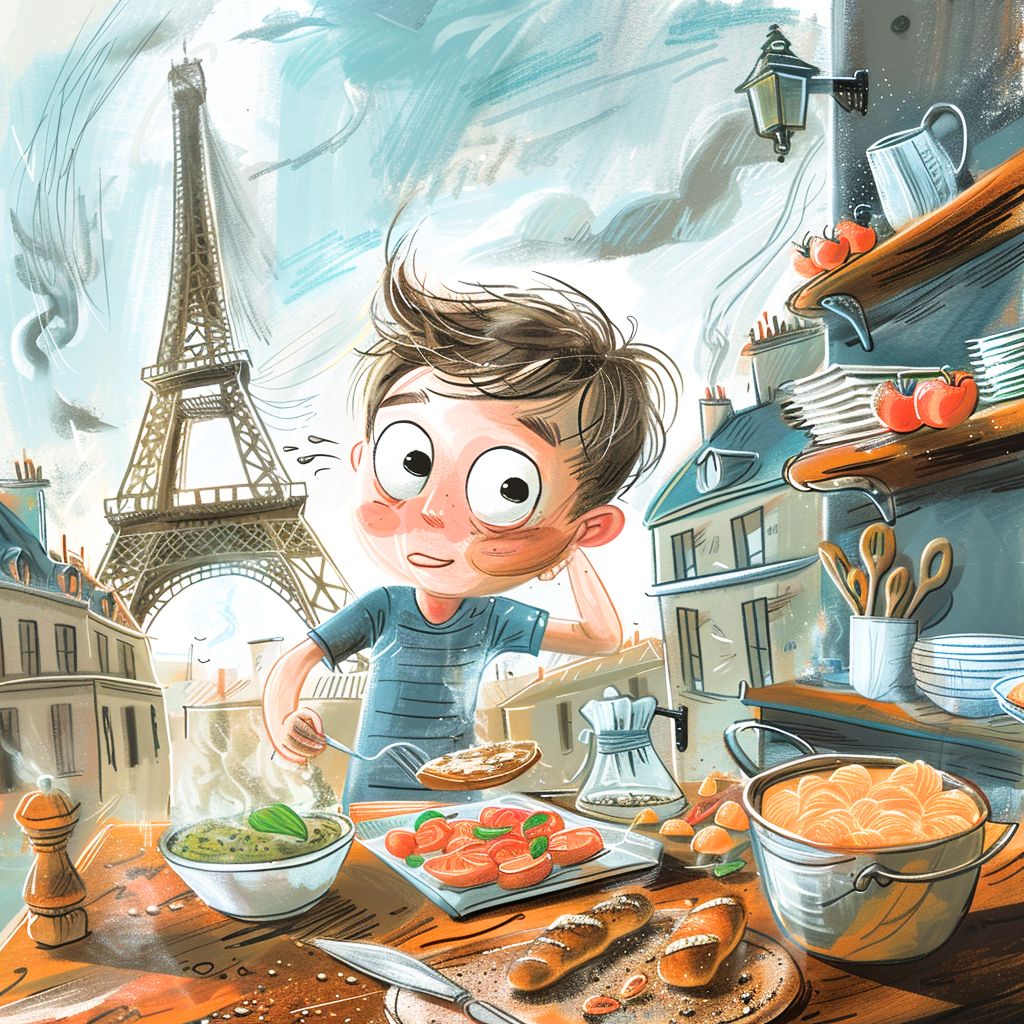Sharing is caring!
Hey! Ever wondered why French is so fascinating? Do you know what makes French so interesting? Read on to discover some mind-blowing facts about the language of love – French!
From the longest word to fun slang and historical curiosities, it’s a must-read for any language lover. Check it out!
1. The Longest French Word
![]() The longest word in the French language is “anticonstitutionnellement,” which means “in an unconstitutional manner.” This 25-letter word is often cited as a fascinating linguistic feature in French, highlighting the complexity and the rich lexical heritage of the language. Words like this are typically seen in legal, academic, and formal texts, demonstrating how French can get across detailed and nuanced meanings within a single term. The word itself reflects the French tendency to form longer words by adding prefixes and suffixes to root words, showcasing the language’s descriptive nature.
The longest word in the French language is “anticonstitutionnellement,” which means “in an unconstitutional manner.” This 25-letter word is often cited as a fascinating linguistic feature in French, highlighting the complexity and the rich lexical heritage of the language. Words like this are typically seen in legal, academic, and formal texts, demonstrating how French can get across detailed and nuanced meanings within a single term. The word itself reflects the French tendency to form longer words by adding prefixes and suffixes to root words, showcasing the language’s descriptive nature.
2. The Accented Language
French is renowned for its use of accents, which play a crucial role in pronunciation, meaning, and grammar. The five different accents are:
- Acute (é): Indicates a closed “e” sound, as in “café.”
- Grave (è): Denotes an open “e” sound, as in “père” (father).
- Circumflex (ê): Can change pronunciation or indicate historical letters, as in “forêt” (forest).
- Diaeresis (ë): Shows that two vowels should be pronounced separately, as in “Noël.”
- Cedilla (ç): Softens a “c” to an “s” sound before ‘a’, ‘o’, or ‘u’, as in “français” (French).
These accents are essential for correct pronunciation and understanding, adding a layer of complexity and beauty to the language.
3. French is the Official Language of Space
French is one of the official languages of the International Space Station (ISS), reflecting its importance in international cooperation and communication. French astronauts, like Thomas Pesquet, communicate in their native language during missions. This inclusion underscores the global significance of French, ensuring that important scientific research and operations in space are accessible to French-speaking communities.
4. A Universal Influence
The influence of French on the English language is profound, especially after the Norman Conquest of 1066. This historical event introduced many French words into English, particularly in law, government, art, literature, and food. Terms like “beef” (boeuf), “court” (cour), and “government” (gouvernement) are direct borrowings. French has enriched English vocabulary, providing elegant alternatives and specialized terms. This linguistic blend showcases the deep cultural and historical connections between England and France, shaping the evolution of modern English.
5. French and the Guillotine
During the French Revolution, the guillotine was nicknamed “la Veuve” (the Widow). This device became a symbol of the period, used extensively for public executions. The name “la Veuve” reflects the dark humor and stark reality of the era, as the guillotine “widowed” many by swiftly delivering justice. The guillotine’s design aimed to be a more humane method of execution, emphasizing the French values of equality and rationality even in punishment. This historical icon remains a poignant reminder of France’s turbulent revolutionary past.
6. Counting Shenanigans
French has unique ways of expressing numbers, particularly with the number 80, which is “quatre-vingts” (literally “four twenties”), and 90, which is “quatre-vingt-dix” (four-twenty-ten). This vigesimal (base-20) system is a historical remnant from the Celtic influence in ancient Gaul. These confusing numerical expressions can be puzzling for learners but are a charming part of the language’s character. The system highlights the diverse cultural influences that have shaped French over centuries, adding a layer of historical depth to everyday communication.
7. Parisian Slang
In Paris, a unique form of slang called “verlan” is widely used, where syllables of words are inverted. For example, “femme” (woman) becomes “meuf.” This playful linguistic style originated in the suburbs and has become a significant part of contemporary French culture. Verlan is not only a way to create a sense of identity among youth but also a means to keep conversations somewhat cryptic to outsiders. It adds a dynamic, ever-evolving layer to the French language, reflecting social and cultural trends.
8. A French Influence on Wine
French terminology is essential in the world of wine. Terms like “terroir,” which refers to the unique combination of soil, climate, and geography that gives wine its character, and “cru,” which indicates a vineyard of recognized quality, are integral to understanding wine production and classification. French wine regions like Bordeaux, Burgundy, and Champagne have set global standards, influencing wine-making practices worldwide.
9. Literary Giants
French literature boasts some of the world’s most influential writers. Victor Hugo, with his monumental work “Les Misérables,” and Marcel Proust, known for “In Search of Lost Time,” are literary giants whose works have had a profound impact on literature globally. “Les Misérables,” one of the longest novels ever written at about 1,900 pages, explores themes of justice, love, and redemption. French literature’s rich history and profound themes make it a cornerstone of global literary heritage, inspiring countless readers and writers worldwide.
10. French in Africa
French is widely spoken across Africa, with about 120 million speakers. Countries like Senegal, Ivory Coast, and Madagascar use French as an official language due to historical ties from colonization. French is a lingua franca in many African nations, facilitating communication in countries with diverse ethnic groups and languages. This widespread use underscores the enduring influence of French culture and language on the continent, fostering connections across different regions and communities in Africa.
11. Literary Giants
French literature boasts some of the world’s most influential writers. Victor Hugo, with his monumental work “Les Misérables,” and Marcel Proust, known for “In Search of Lost Time,” are literary giants whose works have had a profound impact on literature globally. “Les Misérables,” one of the longest novels ever written at about 1,900 pages, explores themes of justice, love, and redemption. French literature’s rich history and profound themes make it a cornerstone of global literary heritage, inspiring countless readers and writers worldwide.
12. A Rich Musical Tradition
France has a profound musical heritage, with genres ranging from classical to contemporary. Iconic artists like Edith Piaf, known as “The Little Sparrow,” captivated the world with her emotive voice and songs like “La Vie en Rose.” Contemporary French music continues to thrive with genres like French pop (chanson), rap, and electronic music, with artists like Daft Punk gaining international acclaim. This diverse musical landscape showcases the cultural richness and creativity of French musicians, making France a significant player in the global music scene.
13. The Influence on Cuisine
French cuisine is celebrated worldwide, with culinary terms like “sauté,” “roux,” and “crème brûlée” being universally recognized. French cooking techniques and dishes have set the standard for gourmet cuisine, influencing chefs globally. The meticulous approach to food preparation and presentation is a hallmark of French culinary tradition. French cuisine’s impact extends beyond food, contributing to the global vocabulary and appreciation of fine dining, making terms like “à la carte” and “mise en place” part of the international culinary lexicon.
14. Unique Pronunciations
French pronunciation features unique nasal sounds such as “un,” “on,” and “an,” which are often challenging for non-native speakers. These nasal vowels give French its distinct sound and can change the meaning of words entirely. For instance, “pain” (bread) and “pin” (pine tree) differ only in their nasal vowels. Mastering these sounds is essential for proper French pronunciation and understanding, highlighting the language’s phonetic complexity and the importance of nuance in French communication.

Hey fellow Linguaholics! It’s me, Marcel. I am the proud owner of linguaholic.com. Languages have always been my passion and I have studied Linguistics, Computational Linguistics and Sinology at the University of Zurich. It is my utmost pleasure to share with all of you guys what I know about languages and linguistics in general.





